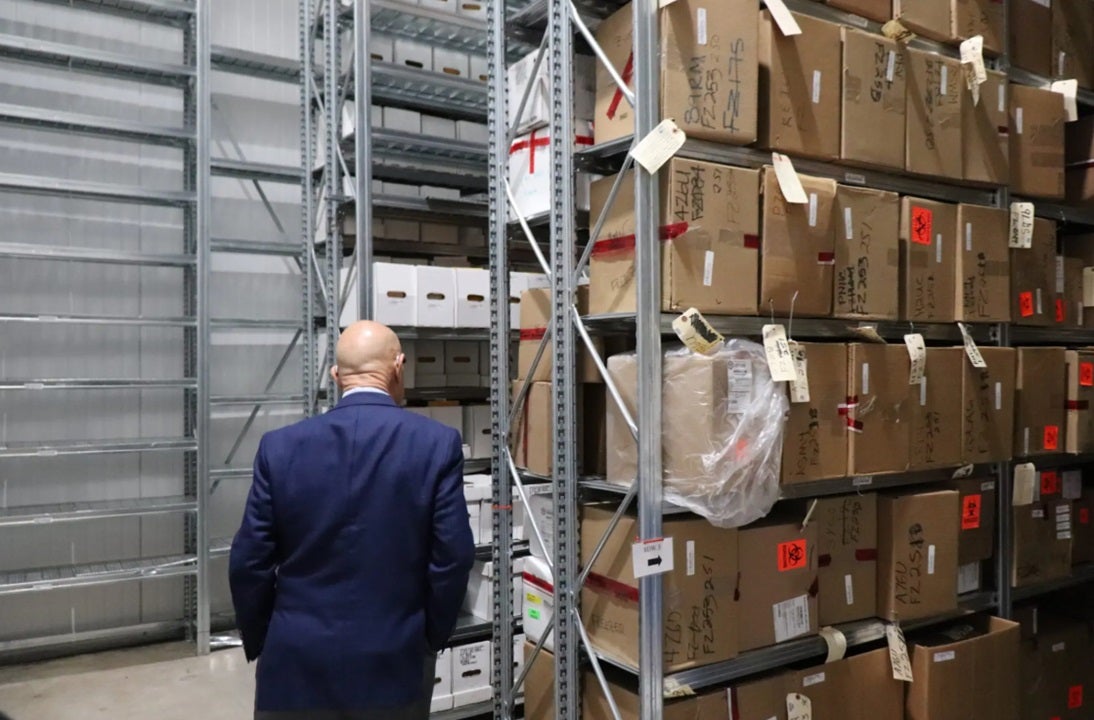Houston cleaning up ‘Drug addicted rats’ infestation in evidence property room

The Houston Police Department and the Harris County District Attorney’s Office recently made a significant announcement regarding changes in how evidence is stored and processed for criminal cases. This decision came after a rodent infestation caused some issues with the current system.
During a press conference, Police Chief Noè Diaz revealed that in October, the HPD discovered that rats were consuming old marijuana in the evidence property room. This led to concerns about the integrity of the evidence and the potential contamination of new evidence. Houston Mayor John Whitmire expressed his frustration, stating, “400,000 pounds of marijuana in storage and the rats are the only ones enjoying it.”
Peter Stout, CEO of the Houston Forensic Science Center, described the rats as “drug-addicted” and difficult to deal with. The main issue highlighted by Whitmire was the excessive amount of evidence being stored that is no longer needed. This surplus of evidence, including items like sticks, tennis rackets, bicycles, and rocks from long-solved cases, has led to overcrowding in the evidence locker.
The HPD reported that there are currently 1.2 million pieces of evidence being stored, much of which is no longer relevant to ongoing cases. The lack of timely destruction of unnecessary evidence has been attributed to a combination of communication challenges and legal constraints. This oversight has not only led to the rodent infestation but also to the accumulation of mold in the evidence locker.
To address these issues, the HPD will be working closely with the DA to ensure that evidence is properly handled. They plan to clear all narcotic evidence obtained before 2015 from the shelves and destroy it in cooperation with the Houston Forensic Science Center. Records of the evidence will be maintained indefinitely for documentation purposes.
Criminal defense attorney Anthony Osso expressed concerns about the potential impact on the integrity of evidence used in court proceedings. With these changes, there may be pushback from defense attorneys regarding the evidence’s reliability. Overall, the goal of these new measures is to streamline the evidence storage process, prevent future infestations, and uphold the integrity of the criminal justice system.




